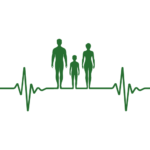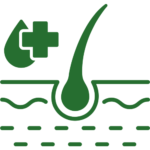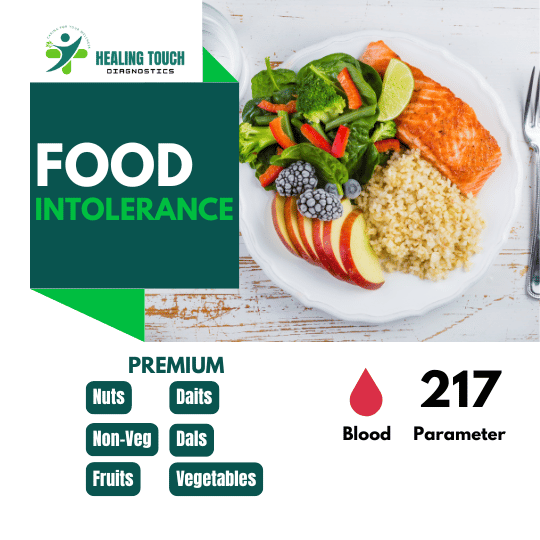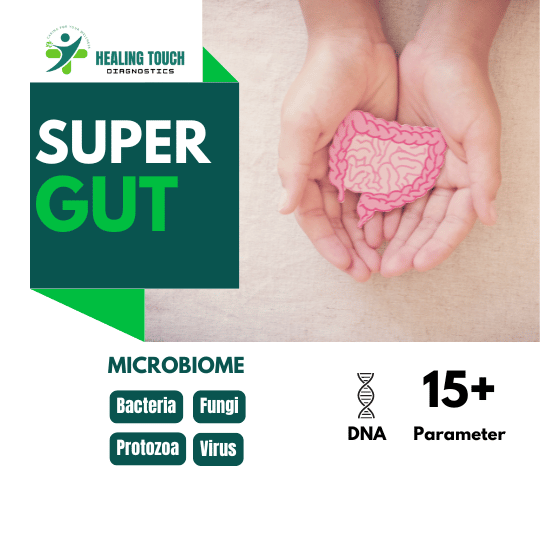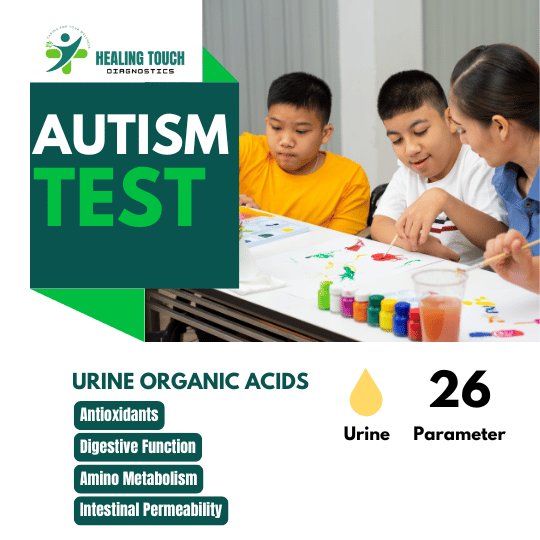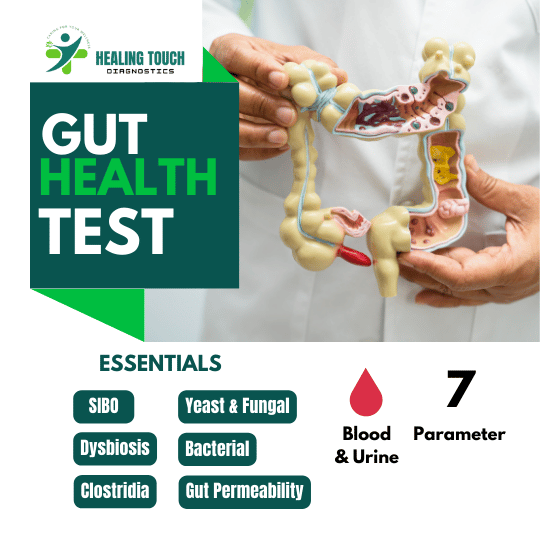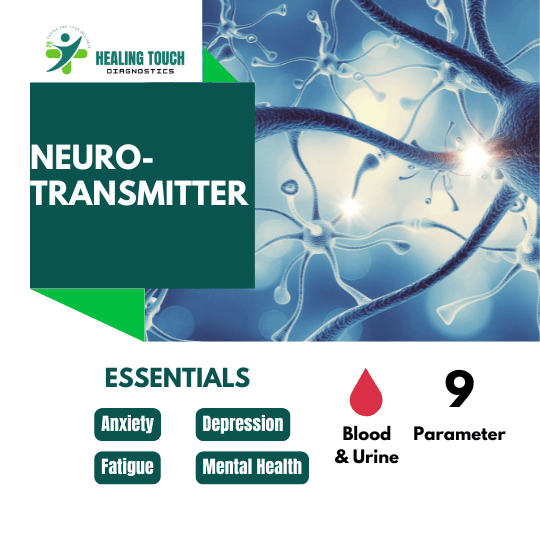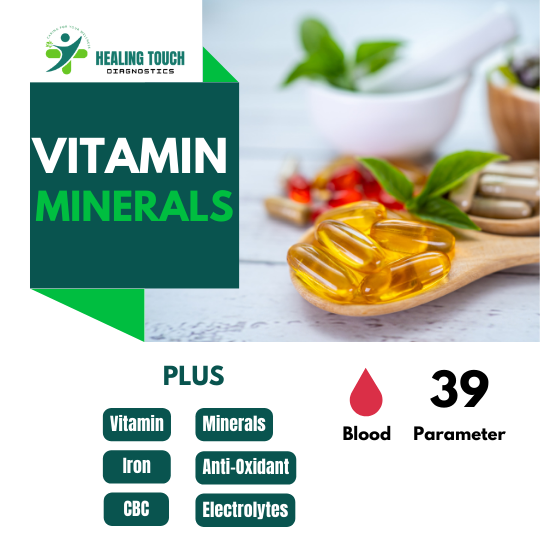About the Gut Microbiome Testing & Analysis
Your gut microbiome is unique, varying depending on geography, gender, culture and demographics, genetics (of your own and that of the race), diet, age and many environmental factors. But, it also follows certain larger patterns and understanding these patterns provide you with an opportunity to maintain and/or modulate your microbiome towards better health benefits.
Method Used
16S rRNA metagenomics sequencing to profile the bacterial gut microbiome and provide comprehensive understanding of the gut ecology.
Things you should know about Microbiome
Human Microbiome
- Estimated 100 trillion microbes
- On and inside the body
- Together, can weigh up to ~2 KG [~4-5lb] of the body weight
Gut Microbiome
- >95% of this resides in the gut or the GI tract
- With most dense abundance on the large intestine
- Defined by 4 major groups of microorganisms – Bacteria, Archaea, Virus and Eukaryota [Fungi, Protozoa and Metazoa]
- Bacteria is the most abundant group within the gut [>95%]
- >10,000 species have been identified till date
- Individual can have anywhere between 1000-2500 species
Microbiome and Diseases
- Most of the microbes are benevolent or even beneficial
- <5% of all microbes in gut can cause disease but has been associated with > 90% of human diseases (directly on indirectly)
- Low or loss of microbial diversity is the most common reason of intestinal dysbiosis [disruption in the balance of microorganisms]
The key areas that our microbiome impacts are
- Obesity & Weight Loss (Management)
- Sports Performance (Nutrient Absorption & Metabolism)
- Mental Health (Depression, Anxiety etc)
- Metabolic Disease (Diabetes, Cardiac etc)
- Auto-immune Conditions (Rheumatoid Arthritis, Inflammatory Bowel Disease, Ulcerative Colitis etc)
Gut Microbiome as a very important organ
The gut microbiome plays so many important roles throughout the body and belongs to many different systems,
How this works
See the section below
What’s included in Microbiome Gut Test
-
Super Gut Report, Analysis and Recommendations by Microbiome experts
-
1 Personal Consult & Report Analysis
-
Prebiotics & Probiotics Recommendations
-
Turn Around Time: 4-5 weeks from the sample collection date

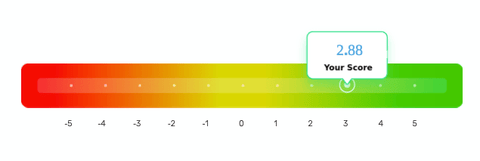



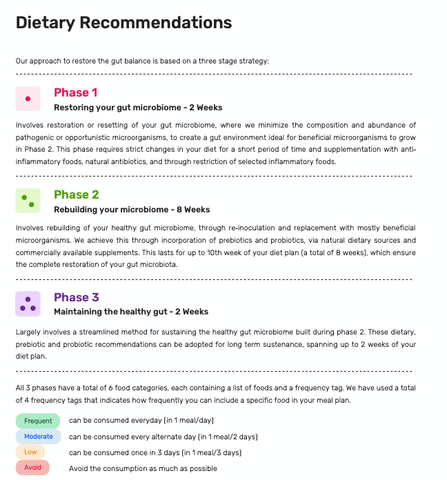
Common GI Conditions
Inflammatory Bowel Diseases (IBD)
IBD basically refers to any condition in which the gut tissue is chronically inflamed. With IBD, symptoms often include severe diarrhoea, pain, fatigue and weight loss. Weirdly, the exact cause of IBD is unknown. Thankfully though, we do have a good understanding of what aggravates symptoms, so with some food and lifestyle tweaks, people find they can really keep their IBD in check.
Celiac Disease
You hear a lot about gluten these days. It’s a protein found in wheat, barley and rye. Celiac disease is basically an extreme reaction to gluten. When someone has Celiac, eating gluten triggers an immune system response that wreaks havoc on the digestive system, really interfering with nutrient absorption. In addition to awful symptoms like persistent diarrhoea, pain, mouth sores and heartburn, Celiac can lead to iron deficiency, skin disorders, and severe malnutrition, which can be life threatening. The only way to manage Celiac disease is to stick to a lifelong gluten-free diet.
Crohn’s Disease
This is one type of IBD. Crohn’s can be excruciatingly painful and have potentially life-threatening complications. With Crohn’s, the inflammation can spread really deep into intestinal tissue, causing major issues like bowel blockage from scar tissue, malnutrition from poor nutrient absorption, and debilitating pain and diarrhoea. The precise causes of Crohn’s are unknown, and there is no official cure, BUT medication and nutrition therapy can be very effective in achieving remission and keeping symptoms to a minimum.
Irritable Bowel Syndrome (IBS)
IBS is another condition you hear a lot about these days. It’s becoming more and more commonly diagnosed. One reason may be that IBS is related to an improper balance of good/bad bacteria in the gut which is caused by poor diets, stress, medications and modern lifestyle factors. There are other causes of IBS, and symptoms vary from person to person, but most with IBS have some combination of the following: diarrhea, constipation, pain, severe gas, vomiting. The good news is, with some food and lifestyle tweaks, IBS can be very well-controlled.
Ulcerative Colitis (UC)
This is a form of IBD that usually comes on over time and involves ulcers and severe inflammation of the GI tract. UC can be incredibly painful and disrupt life because of extreme and unpredictable symptoms. There’s no definitive cause or cure, but some medications and nutrition therapies have been shown to significantly help people with UC get relief and even achieve long-term remission.
GERD (Acid Reflux)
GERD stands for gastroesophageal reflux disease. It’s when stomach acid backs up into the esophagus, that tube that connects the stomach to the throat. Symptoms include heartburn, pain in the chest area, a feeling like there’s a knot in the throat, and food or liquid coming back up. If it’s really severe and frequent, GERD can cause major damage which increases risk of esophageal cancer.
https://www.mayoclinic.org/diseases-conditions/inflammatory-bowel-disease/symptoms-causes/syc-20353315
 Comprehensive Test Range
Comprehensive Test Range
 State-of-the-Art Facilities
State-of-the-Art Facilities
 Easy Slot Booking
Easy Slot Booking
 Quick Results
Quick Results
